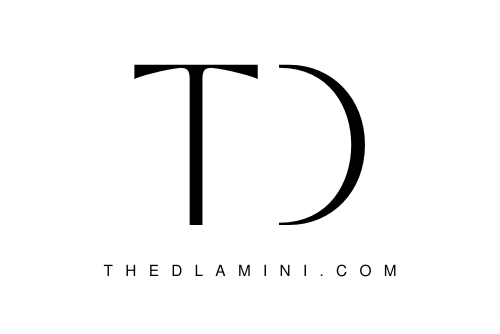Inflation is the rise in the general level of prices of goods and services. The inflation rate is the percentage change in a price index over time. It is also known as an inflation rate or an inflation rate measure.
The Inflation Rate matters because it has a significant impact on our lives, such as how much money we will have to spend on food, housing, and other goods and services. It also affects how much we need to save for retirement.
How Does Inflation Affect Our Daily Purchases in Namibia?
Inflation is the rise in prices of goods and services. It affects our daily purchases in Namibia.
The effect of inflation on daily purchases is that it increases the cost of goods and services, which in turn makes them less affordable. Inflation also leads to a decrease in the value of money, which means that people have to work harder for the same amount of money.
Namibia has been experiencing high inflation rates over the last few years, with consumer prices increasing by about 10% per year.
How much is the inflation rate in Namibia?
Namibia’s annual inflation rate has fallen in recent months. This can be attributed to a slowdown in prices of transport services in September and a slight drop in the price of gas/petrol/fuel.
Meanwhile, costs accelerated further for food & non-alcoholic beverages (9.3% vs 8.8%); restaurants & hotels (11% vs 9.3%) and miscellaneous goods & services (3.8% vs 3.4%). On a monthly basis, consumer prices edged up 0.1%, after increasing 0.3% in the previous month.
